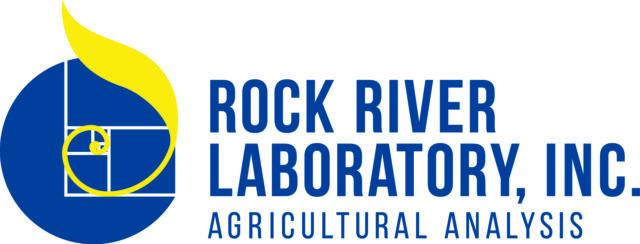Not even six months after Novus International, Inc. fully launched its C.O.W.S. program, industry interest and acceptance of the service targeting cow comfort have exceeded expectations. Novus looks at the industry’s response as a signal that dairy producers are concerned about cow comfort on their farms and are looking for means of improvement. “C.O.W.S. is an exclusive program that has been tested and proven to work,” says Stephanie Gable, global marketing manager with Novus. “When cows are comfortable and healthy, they will perform better. We are confident C.O.W.S. helps our dairy customers – and the industry as a whole – achieve even greater levels of efficiency and productivity that will enhance overall sustainability.”
C.O.W.S. stands for Comfort, Oxidative Balance, Well-Being and Sustainability. The main feature of the C.O.W.S. program is a confidential, on-farm assessment. During the assessment, Novus specialists quantify the following factors to help U.S. producers measure their herds’ performance and to pinpoint opportunities for improvement:
• Cow lying time
• Lameness scores and hock health
• Facility design and management measures (including bedding quality, stall dimensions, neck rail placement, feed bunk space and more).
Following the assessment, each farm receives a customized report. The report compares the individual farm with benchmarks based on other farms in the region, so producers can gauge whether they have areas that they want to improve. The benchmarking phase of C.O.W.S. is complete with data from approximately 120 dairy operations in California, New Mexico, New York, Pennsylvania, Texas and Vermont. The program is being expanded to include the Midwest as well.
The measurement factors of C.O.W.S. are based on the research of Marina von Keyserlingk and Daniel Weary, professors of animal behavior and welfare with The University of British Columbia.
While Novus continues with the next step after the benchmarking phase and starts on-farm assessment as a service, the research behind the program will not end. One of the research areas of which von Keyserlingk stresses the importance is returning to the farms included in the benchmarking phase.
“If we are going to sustain change, we need to go back and find out what information resonates with the producers,” she adds. “Change needs to come from the bottom up. The producer needs to be the main stakeholder working with the nutritionist, herdsmen, hoof trimmer, veterinarian, feed salesman and other people who play active roles in the herd’s well-being, to facilitate sustaining improvements for the cows’ welfare and productivity.” PD
—From Novus International news release




